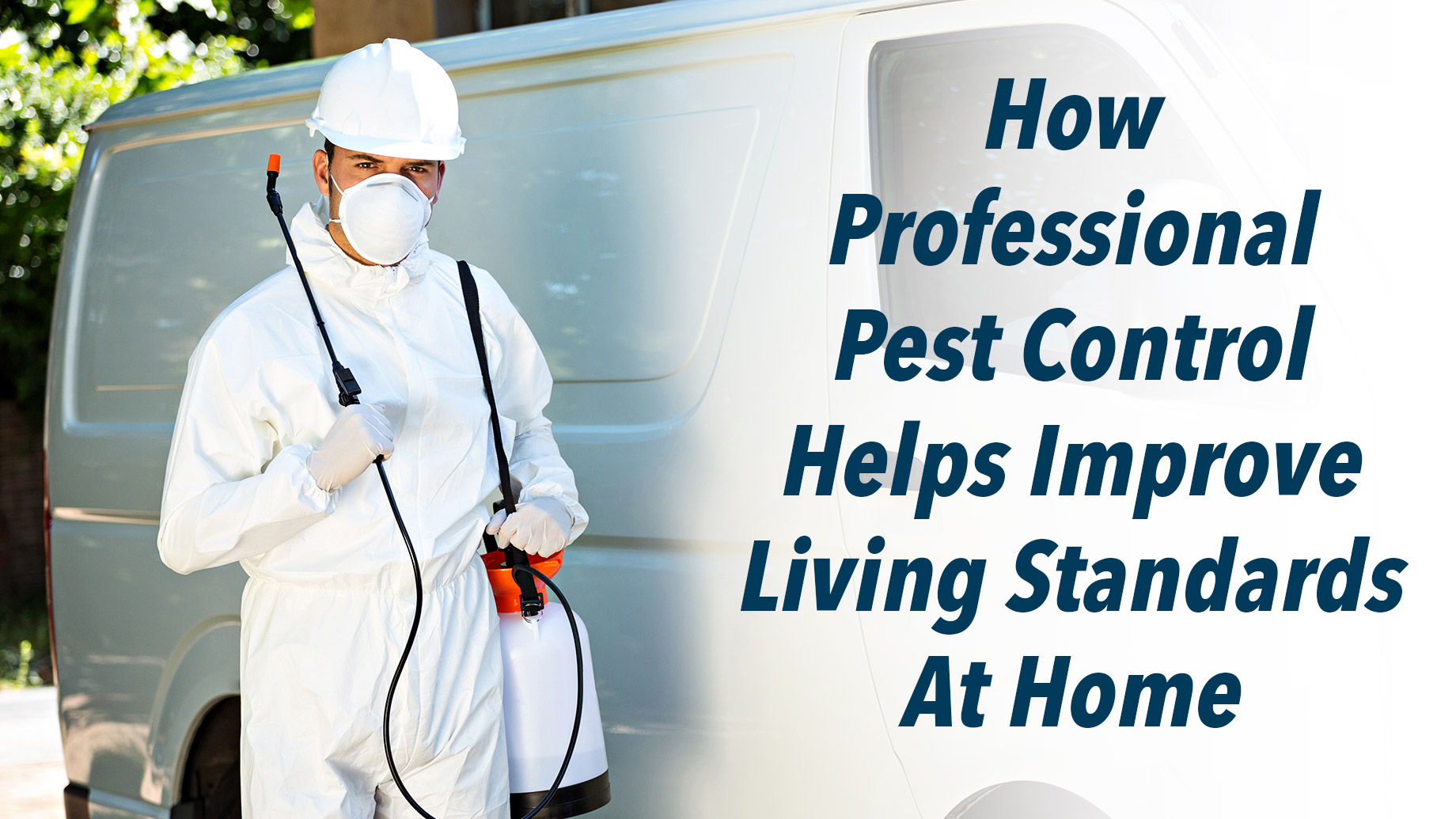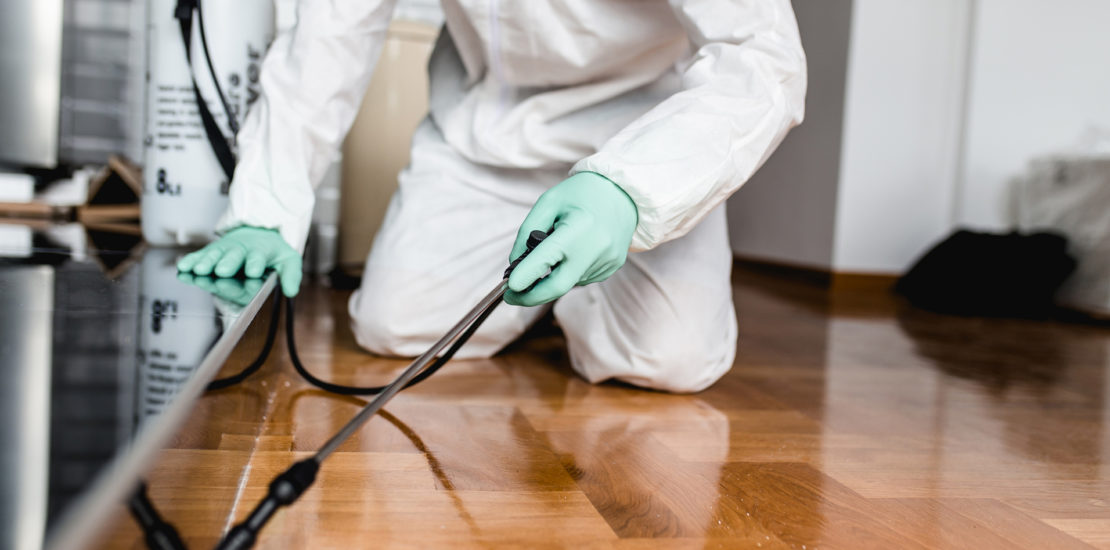Trusted Pest Control Clovis: Securing Your Residential or commercial property
Trusted Pest Control Clovis: Securing Your Residential or commercial property
Blog Article
Understanding the Different Approaches to Insect Control: A Comprehensive Overview

All-natural Pest Control Methods
Using environment-friendly methods such as buddy planting and biological pest control is important for effectively taking care of insects in agricultural setups. Companion growing involves expanding various crops in closeness to discourage pests, improve nutrient uptake, and improve total crop wellness.
Biological pest control includes introducing all-natural predators or microorganisms to control pest populations. Ladybugs, for example, feed on aphids, controlling their numbers without the demand for chemical pesticides. Another instance is making use of Bacillus thuringiensis (Bt), a germs that targets specific insect bugs while being safe to people, pets, and useful pests.
These green methods not just reduce the reliance on artificial pesticides however additionally assist maintain biodiversity and soil health and wellness. By including natural bug control strategies into farming practices, farmers can accomplish lasting pest administration while decreasing negative effect on the atmosphere.

Chemical Parasite Control Solutions
Along with natural insect control techniques, the use of chemical parasite control solutions plays a significant duty in effectively managing pest populations in agricultural environments. Chemical insect control services are developed to target particular bugs that may trigger substantial damages to plants. These options usually have artificial chemicals that are created to get rid of bugs promptly and successfully.
Among the crucial advantages of chemical insect control services is their effectiveness in controlling pest problems widespread. Farmers can apply these services using numerous approaches such as spraying, fumigation, or seed therapy to shield their crops from damaging bugs, weeds, and diseases. In addition, chemical bug control services are relatively very easy to use and can supply fast outcomes, assisting farmers safeguard their returns and lessen economic losses.
Nonetheless, it is necessary to utilize chemical pest control remedies sensibly to decrease prospective adverse effects on the setting, non-target organisms, and human wellness. Proper application strategies, adherence to security standards, and regular tracking are crucial to make sure the responsible use chemical bug control solutions in agricultural techniques.
Organic Pest Control Approaches
Organic parasite control comes close to basics leverage natural predators or pathogens to take care of bug populaces in farming settings properly. One typical biological control approach is the introduction of natural adversaries, such as ladybugs or parasitic wasps, to target specific insects.
An additional organic control approach entails making use of microorganisms like fungi, bacteria, or viruses to contaminate and eliminate insects. On the whole, organic insect control approaches use a sustainable and targeted remedy to pest administration in farming.
Integrated Insect Monitoring (IPM)
Integrated Insect Monitoring (IPM) is an extensive strategy that combines different bug control strategies to successfully manage and reduce pest populaces in agricultural systems. IPM concentrates on lasting avoidance of pests with a mix of organic, social, physical, and chemical control methods. By integrating these various methods, IPM intends to reduce reliance on chemical pesticides, reduce ecological influence, and advertise lasting pest administration methods.
One key aspect of IPM is the usage continue reading this of biological controls such as natural killers, bloodsuckers, and pathogens to regulate insect populations. This technique uses the power of nature to keep an equilibrium in between pests and their natural enemies without causing harm to the environment.
Additionally, IPM entails cultural methods like plant hygiene, habitat, and turning control to produce unfavorable conditions for insects and disrupt their life cycles. Physical controls such as composts, barriers, and traps are additionally made use of to avoid bug invasions.
Mechanical and Physical Parasite Control Strategies
Using non-chemical methods, such as physical and mechanical bug control methods, is a critical facet of detailed pest monitoring techniques, building on the structure of Integrated Insect Management's all natural technique. Mechanical parasite control entails the usage of physical barriers or catches to stop pests from accessing and harming crops or frameworks. This method can consist of methods like installing displays on windows, utilizing row covers in agriculture, or utilizing sticky catches to catch pests.
Physical insect control approaches, on the other hand, emphasis on directly removing pests with physical means. Utilizing warmth treatments my explanation to eliminate bed pests or vacuuming up pests like ants or crawlers can be reliable ways to handle problems without the use of chemicals. By integrating these physical and mechanical pest control methods right into an Integrated Parasite Management plan, people and specialists can minimize dependence on pesticides while still efficiently handling pest populaces and minimizing damage.
Final Thought

In addition to all-natural pest control approaches, the usage of chemical pest control options plays a considerable duty in successfully managing pest populations in farming atmospheres.One of the vital advantages of chemical parasite control services is their performance in managing parasite infestations on a huge scale.Integrated Bug Management (IPM) is a detailed approach that integrates various insect control approaches to efficiently take care of and minimize pest populations in farming systems.Utilizing non-chemical methods, such as physical and mechanical pest control methods, is a crucial element of thorough insect administration approaches, building upon the foundation of Integrated Insect Management's alternative strategy. By incorporating these mechanical and physical parasite control strategies into an Integrated Insect Management strategy, specialists and people can reduce reliance on pesticides while still efficiently taking care of pest populaces and decreasing damage.
Report this page